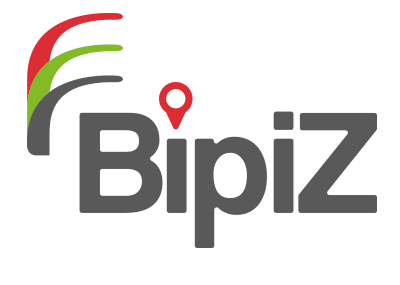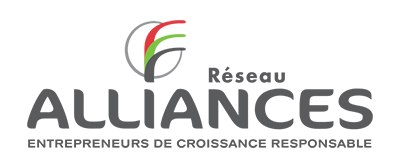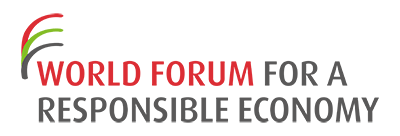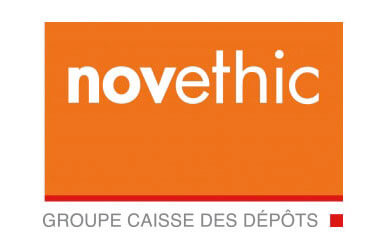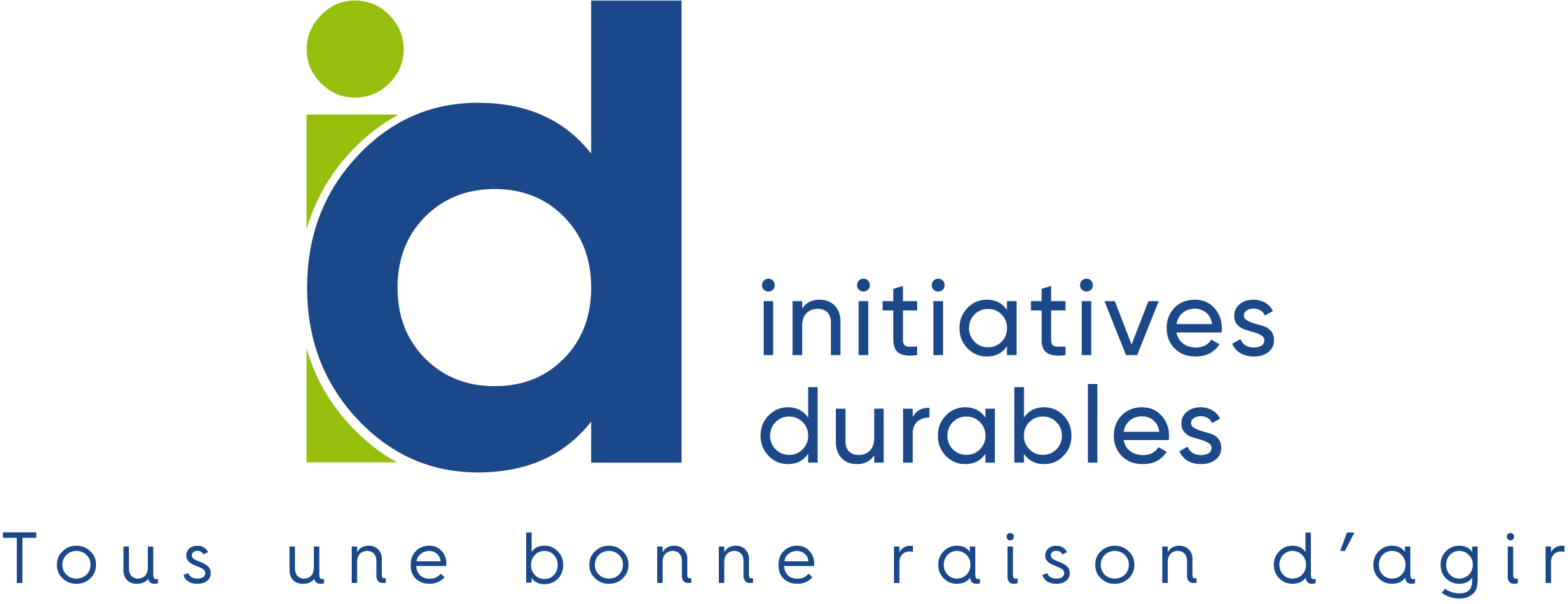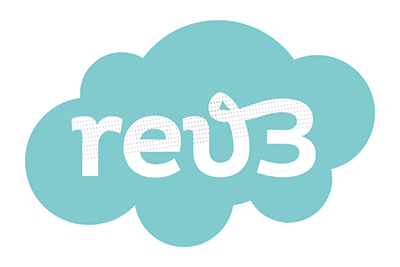COM_NEOBESTPRACTICES_ITEM_INNOVATION_REV3
Optimizing transport of wastes at BAUDELET ENVIRONNEMENT
4. Environment
Sustainable mobility


Transmitter
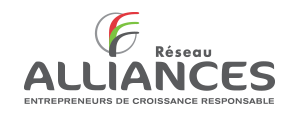

Context
Implanted in the eco-park of Blaringhem (59), the family-owned group Baudelet Environnement is specialized in processing and generating value from non-toxic wastes, scrap iron, metals, and the cleanup of polluted land. In order to limit the need for road transport and thus limit its emissions of CO2, Baudelet Environnement favors alternative transport by river. In 1999, the enterprise installed in less than 6 months all the equipment necessary at its site of Blaringhem to receive wastes from the Lille metropolitan area via river transport. Transport is further optimized through the use of regional transfer centers.
Objectives
- Limit road transport by using an alternative transport mode that is more in line with the tonnages involved
- Reduce the environmental impact of transport by limiting GHG (greenhouse gas) emissions
- Optimize the value of wastes by prior sorting in the transfer centers
APPROACH
The Blaringhem site’s proximity to the Neufosse canal is a tremendous asset for Baudelet Environnement. Today, all of its scrap iron and part of its metals are shipped by water from throughout the region. The site currently handles 3 barge loads per week. The enterprise’s integration into the Nord-Pas de Calais region has allowed it to set up 4 transfer centers to optimize transport of wastes. Pre-sorting in these centers separates the different types of wastes and groups them by material before being shipped to the site where they can be processed to generate value. Furthermore, establishing the transfer centers with different partners and competitors limits the transfer of wastes and helps avoid the production of additional greenhouse gases. Ever attentive to optimizing its logistics, the enterprise uses Euro V tractors (less polluting and using 2 trailers), the drivers are trained in eco-driving techniques in order to limit the impact of their driving on the environment and reduce costs for the enterprise. Regarding the collection of wastes, the trucks are geo-localized and the drivers use PDAs (Personal Digital Assistants) to optimize their rounds (during a change in their route, for example).
CONTRIBUTION TO COMPANY PERFORMANCE
- Lower fuel budget
- Optimization of transport costs (transport mode better suited for tonnages involved, fewer transfers)
Benefits
- Reduced risk of accidents
- Less use of road transport: 3 barges per week is equivalent to 120 fewer trucks on the road per week
- Reduction of GHG emissions
- Workforce
- 227 (2011)
- Turnover
- 110 M€ (2011)
- Country
- France
Contact
POISSONNIER Caroline, Responsable Communication, This email address is being protected from spambots. You need JavaScript enabled to view it.
